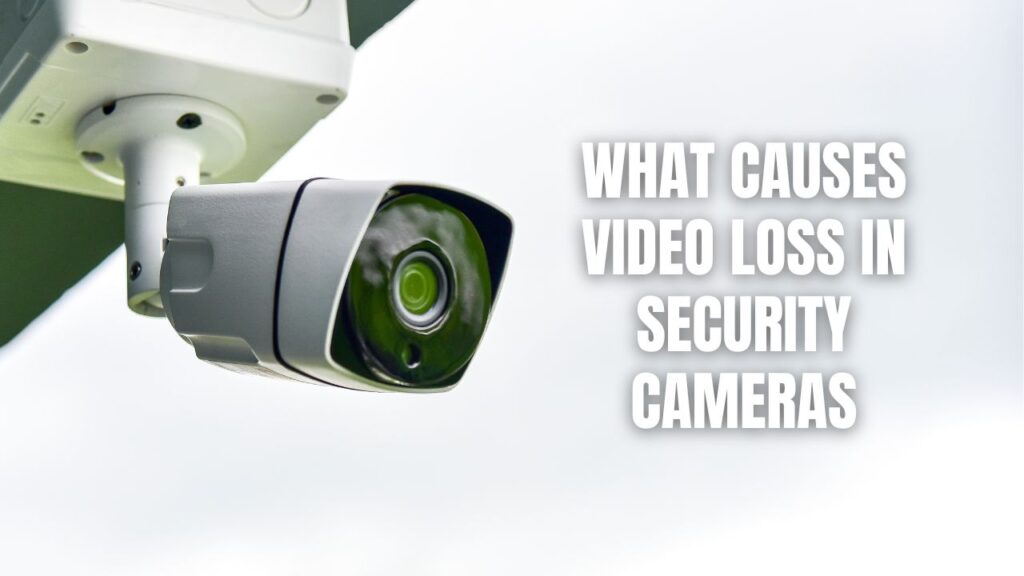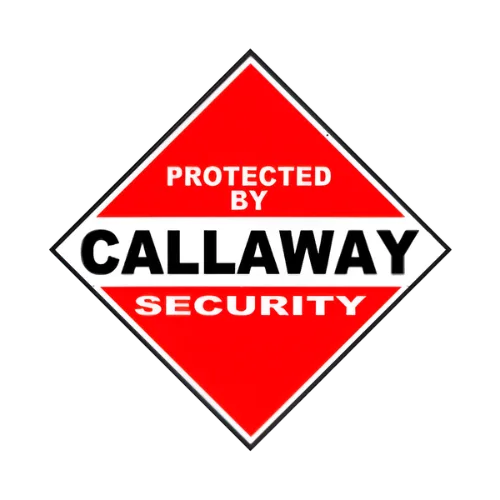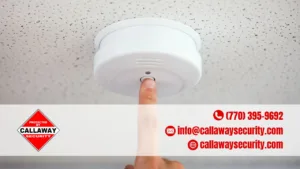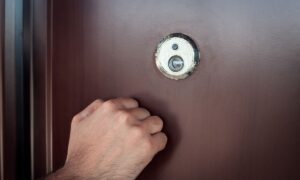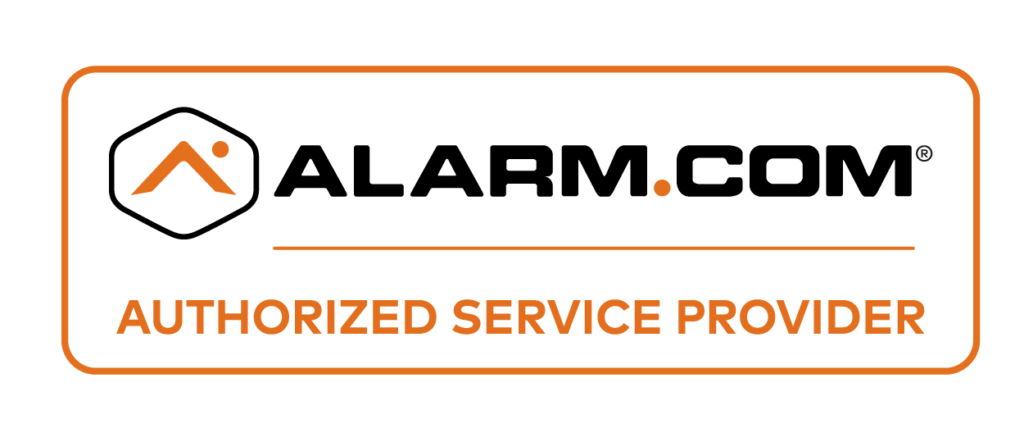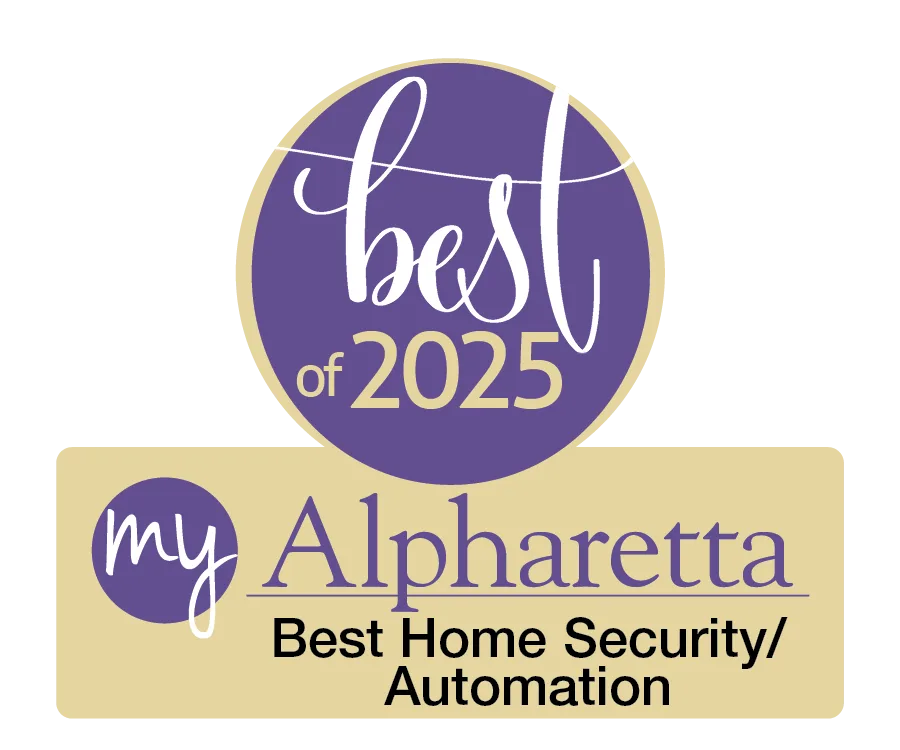Video loss in security cameras occurs when the camera feed is interrupted, resulting in black screens, flickering images, or completely missing footage. This issue can stem from power supply problems, weak network connections, hardware failures, signal mismatches, or environmental conditions. Fixing video loss requires identifying the root cause and implementing appropriate solutions, such as securing power connections, improving network stability, and updating firmware.
Security cameras play a crucial role in surveillance, providing real-time monitoring and recorded footage for homes, businesses, and public spaces. However, when cameras experience video loss, it compromises security and leaves gaps in surveillance coverage. Knowing what causes video loss is essential for troubleshooting and preventing disruptions.
Key Takeaways:
- Power Issues – Insufficient power supply or power surges can disrupt camera functionality.
- Weak WiFi or Low Bandwidth – Wireless cameras may lose connection due to weak signals or network congestion.
- Hardware & Software Problems – Faulty cables, outdated firmware, or DVR/NVR malfunctions can cause video loss.
- Environmental Factors – Extreme weather, water exposure, or temperature fluctuations can damage cameras.
- IP Conflicts & Signal Mismatches – Network and compatibility issues can interfere with video transmission.

Common Causes of Video Loss in Security Cameras
1. Insufficient Power Supply
A security camera needs a stable power source to function correctly. If the power supply is weak or unstable, it can lead to:
- Cameras turning off unexpectedly.
- Flickering or black screens.
- Video loss during nighttime due to increased power demands (e.g., infrared night vision activation).
How to Fix It:
- Ensure the camera receives the correct voltage.
- Replace faulty power adapters or power cables.
- Use an Uninterruptible Power Supply (UPS) to prevent power interruptions.
2. Power Surges & Electrical Spikes
Sudden power fluctuations, such as lightning strikes or electrical interference, can cause temporary or permanent video loss. These spikes may damage the camera’s internal components.
How to Fix It:
- Install surge protectors.
- Use voltage regulators for stable power.
- Ground electrical systems properly to avoid damage.
3. Weak WiFi Connection or Low Bandwidth
Wireless security cameras rely on strong internet connections. A weak WiFi signal or insufficient bandwidth can cause:
- Intermittent video loss.
- Blurry or frozen footage.
- Cameras disconnecting from the network.
How to Fix It:
- Position the camera closer to the router.
- Use a WiFi extender for better coverage.
- Upgrade to a higher bandwidth internet plan.
4. Faulty IR Cut Filter & Infrared Night Vision Issues
Night vision cameras use infrared light to capture footage in the dark. A malfunctioning IR cut filter can cause:
- Black screens at night.
- Washed-out or overexposed footage.
How to Fix It:
- Clean the camera lens to remove dirt or condensation.
- Check if the IR LEDs are functioning properly.
- Adjust night vision settings in the camera software.
5. Mismatched Signal Types
Analog and digital security cameras use different signal types. Connecting incompatible devices may result in video loss.
How to Fix It:
- Use cameras and DVRs/NVRs with matching signal types.
- Convert signals using adapters if necessary.
6. Faulty or Damaged Cables
Worn-out, frayed, or loosely connected cables can disrupt video signals in wired security cameras.
How to Fix It:
- Inspect cables for visible damage.
- Replace old or frayed cables.
- Secure cable connections properly.
7. IP Address Conflicts in Network Cameras
Duplicate IP addresses within a network can cause cameras to lose connection.
How to Fix It:
- Assign unique IP addresses to each camera.
- Check router settings to prevent address conflicts.
- Use DHCP reservations for stable network configurations.
8. Outdated Firmware or Software Glitches
Old firmware or software bugs can cause video loss, system crashes, or unresponsive cameras.
How to Fix It:
- Regularly update the camera’s firmware.
- Reset the camera to factory settings if necessary.
- Ensure compatibility with the latest software updates.
9. Environmental Damage
Extreme temperatures, heavy rain, or direct sunlight can impact camera performance.
How to Fix It:
- Install weatherproof cameras for outdoor use.
- Use protective covers or enclosures.
- Ensure cameras are rated for extreme temperatures.
10. DVR/NVR Malfunctions
A faulty Digital Video Recorder (DVR) or Network Video Recorder (NVR) can fail to process video feeds correctly.
How to Fix It:
- Restart the DVR/NVR.
- Update the system firmware.
- Check storage capacity and replace faulty hard drives.
Additional Information About Video Loss in Security Cameras
- Wireless cameras are more prone to video loss due to connectivity issues compared to wired cameras.
- Power over Ethernet (PoE) cameras reduce wiring complications but require stable network switches.
- CCTV cameras with SD cards may still record locally even if there’s a network failure.
Frequently Asked Questions (FAQs)
Why does my security camera go black at night?
This could be due to power issues, faulty IR cut filters, or weak infrared LEDs.
Can a weak internet connection cause video loss?
Yes. Poor WiFi strength or low bandwidth can result in dropped connections and video lag.
How do I prevent video loss due to power surges?
Use surge protectors, voltage stabilizers, and ensure your electrical system is grounded.
Can bad weather affect my security camera?
Yes. Rain, extreme heat, and cold temperatures can impact camera performance, especially if not rated for outdoor use.
Why does my DVR/NVR keep losing video feeds?
This could be due to hard drive failures, loose cables, or outdated firmware.
Preventing Video Loss in Security Cameras
Video loss in security cameras can be frustrating, but understanding its causes makes troubleshooting easier. Whether it’s a power supply issue, weak WiFi, faulty cables, or outdated firmware, addressing these problems ensures reliable surveillance. By maintaining stable power, securing connections, updating software, and using quality hardware, we can keep our security systems running smoothly, providing continuous protection for our homes and businesses.
For professional installation and 24/7 monitoring of your security camera in Atlanta, Alpharetta, and nearby Georgia areas, contact Callaway Security™ now!

